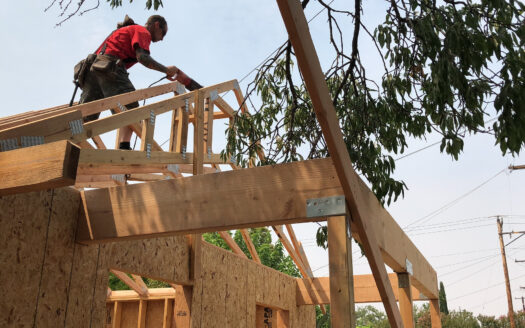- Home
- Real Estate
- Proposition 19 and 58 Explained: Important Measures Related to Real Estate and Inheritance in California.
Proposition 19 and 58 Explained: Important Measures Related to Real Estate and Inheritance in California.
Proposition 19 and 58 were important measures related to real estate and inheritance in California. Here is a comprehensive explanation of Proposition 19 and 58:
Proposition 19:
Background:
Proposition 19, also known as the Home Protection for Seniors, Severely Disabled, Families, and Victims of Wildfire or Natural Disasters Act, was a ballot measure that California voters approved in the November 2020 election. It made significant changes to property tax rules, affecting property transfers between family members and property tax assessments for certain homeowners.
Key Provisions:
- Property Tax Transfers for Seniors and Disabled Individuals:
- Proposition 19 allows homeowners who are 55 years or older, severely disabled, or victims of wildfires or natural disasters to transfer the tax base of their primary residence to a replacement residence within the state.
- Inheritance of Primary Residences:
- The proposition limits the ability of heirs to inherit a property with a lower property tax assessment. Under Proposition 19, heirs can only inherit the lower property tax base if they use the inherited property as their primary residence and the fair market value is not more than $1 million above the assessed value.
- Assessment of Non-Primary Residence Properties:
- Non-primary residence properties, such as rental properties or vacation homes, are subject to reassessment at market value when transferred. This can result in higher property taxes for these types of properties.
- Revenue Allocation:
- The additional revenue generated from Proposition 19 is allocated to various purposes, including firefighting efforts, local governments, and the state general fund.
Proposition 58:
Background:
Proposition 58, passed by California voters in 1986, addressed property tax reassessment rules for parent-child transfers. It allowed children to inherit their parents’ property without triggering a reassessment to the current market value, preserving the parents’ lower property tax assessment.
Key Provisions:
- Exclusion from Property Tax Reassessment:
- Proposition 58 allows a parent to transfer their primary residence to their child without triggering a reassessment of the property’s value for property tax purposes. This exclusion is also applicable to the first $1 million of the assessed value of other real property, such as vacation homes or rental properties.
- Requirements for Exclusion:
- To qualify for the exclusion, the child must use the inherited property as their primary residence. If the property is not the child’s primary residence, it may be reassessed at its current market value.
- Application Process:
- Heirs need to file a claim with the county assessor to receive the exclusion from reassessment. This involves submitting specific documentation to demonstrate that the transfer meets the requirements of Proposition 58.
Relationship Between Proposition 19 and Proposition 58:
While Proposition 58 primarily addressed parent-child transfers and provided protections against property tax reassessment, Proposition 19 introduced changes that impact the inheritance of properties, particularly non-primary residence properties. Proposition 19 modified and expanded certain provisions related to property tax transfers between family members.
Conclusion:
Understanding Proposition 19 and 58 is crucial for California residents involved in real estate transactions, especially those related to inheritance and intergenerational transfers. It is advisable to consult with legal and real estate professionals to navigate these complex regulations successfully. Additionally, as laws may change, it’s essential to stay updated on any revisions or new propositions that may impact real estate and inheritance in California.





